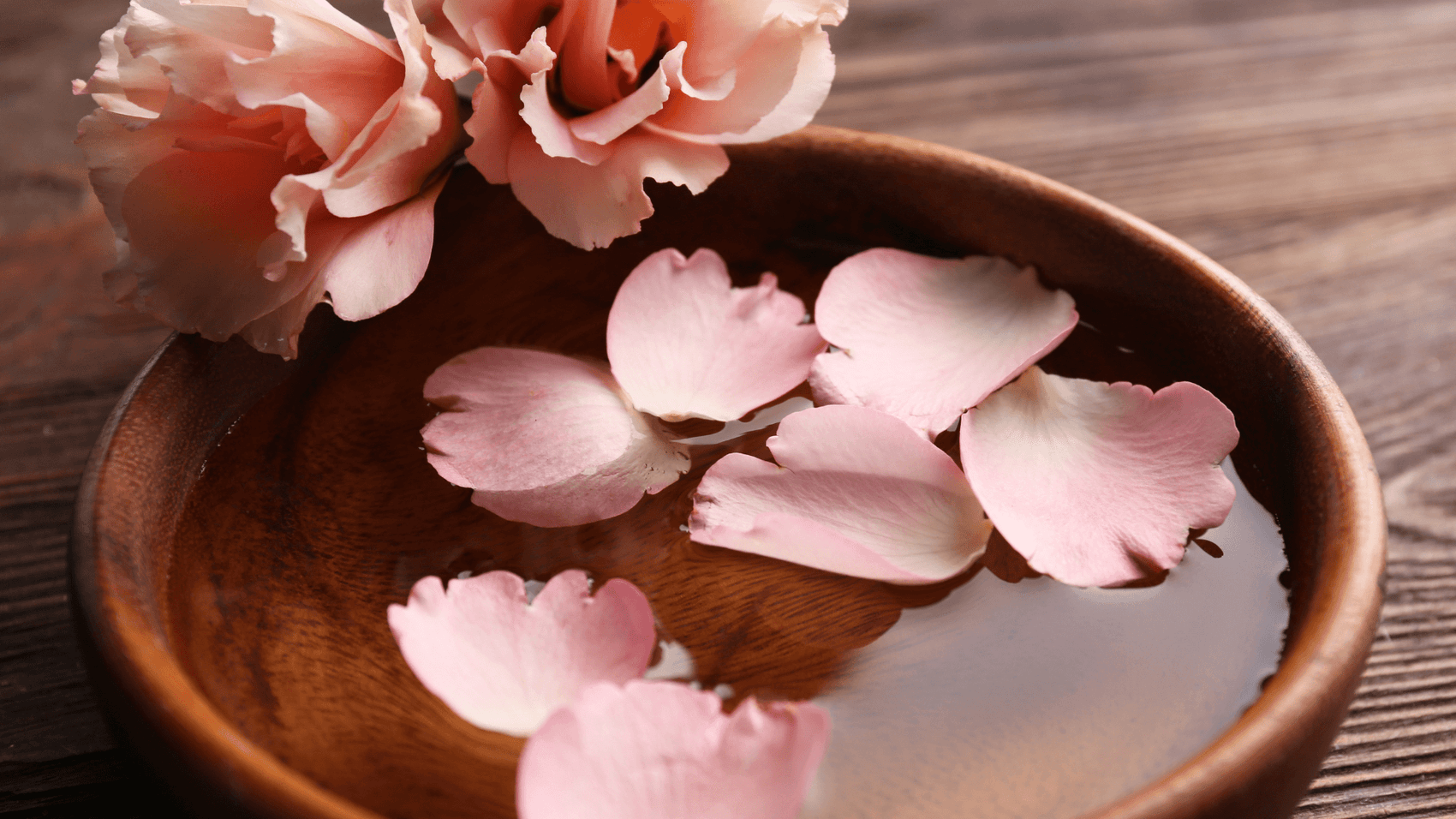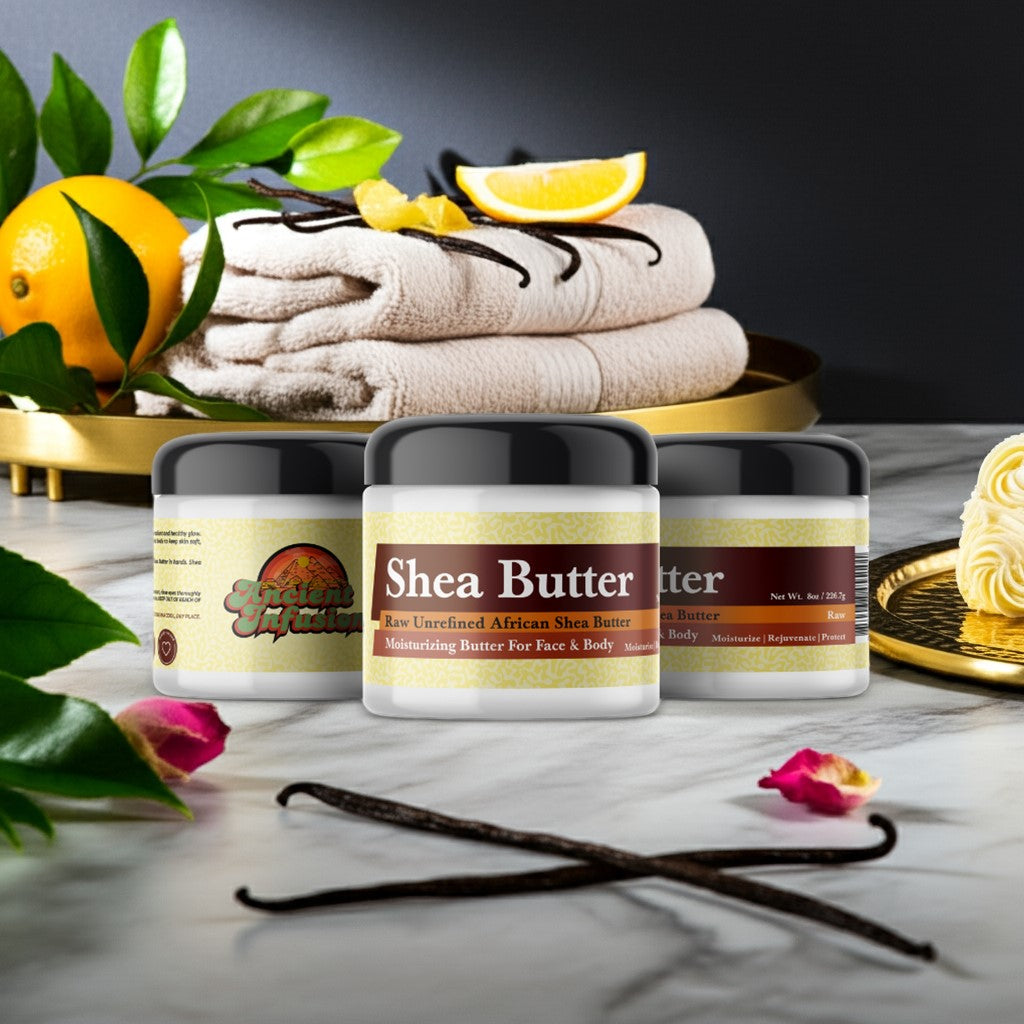Rose Water Elegance: Transformative Skincare with the Power of Roses
Rose water has been used for centuries in skincare and beauty rituals, with its origins dating back to ancient times. Its delicate fragrance and transformative properties make it a popular choice for modern skincare routines. In this article, we will explore the history, science, and practical applications of rose water, as well as DIY recipes for creating your own rose water blends.
Key Takeaways
- Rose water has ancient origins and holds cultural significance in various traditions.
- The natural ingredients in rose water provide numerous benefits for the skin, including hydration and soothing properties.
- Clinical studies have shown the effectiveness of rose water in improving skin texture and reducing redness.
- Using rose water for cleansing, toning, and hydration can enhance your skincare routine.
- DIY rose water recipes offer the opportunity to create customized blends for specific skincare needs.
The History of Rose Water
Ancient Origins
Rose water has a rich history dating back to ancient times, where it was revered for its healing and beautifying properties. Used in various cultures for rituals, medicinal purposes, and cosmetic applications, rose water has been a symbol of purity and luxury for centuries. Its use in skincare and beauty rituals has been passed down through generations, showcasing the enduring appeal of this natural elixir.
Cultural Significance
Rose water has held cultural significance for centuries, playing a vital role in various rituals and traditions. It has been revered for its symbolic representation of love, beauty, and purity, often used in religious ceremonies and festive celebrations.
In many cultures, the use of rose water is deeply rooted in traditional practices, symbolizing spiritual and emotional connections. It is also associated with uplifting and refreshing qualities, making it a cherished ingredient in perfumes, cosmetics, and culinary creations.
Tip: When incorporating rose water into your skincare routine, ensure it is of high quality and free from synthetic additives to experience its full benefits.
Modern Applications
Rose water has found modern applications beyond traditional uses. Its versatility makes it a popular ingredient in skincare and cosmetic products. With its gentle and soothing properties, rose water is often used in facial mists, toners, and moisturizers. Additionally, it is a common addition to DIY skincare recipes, offering a natural alternative to commercial products.
In the realm of aromatherapy, rose water is valued for its calming and uplifting effects. It is frequently incorporated into aromatic blends and relaxation rituals to promote a sense of well-being and tranquility.
Tip: When using rose water in skincare, ensure it is pure and free from additives to experience its full benefits.
The Science Behind Rose Water
Natural Ingredients
Rose water is a natural product derived from the distillation of rose petals. It contains a variety of beneficial compounds, including flavonoids, antioxidants, and vitamins. These components contribute to the anti-inflammatory and antibacterial properties of rose water, making it an excellent choice for skincare.
- Flavonoids: Provide antioxidant protection and help to soothe and calm the skin.
- Antioxidants: Protect the skin from environmental damage and promote a youthful, radiant complexion.
- Vitamins: Nourish and revitalize the skin, supporting overall skin health and vitality.
Tip: When choosing rose water products, look for those that are made from high-quality, organic roses to ensure maximum benefits for your skin.
Skin Benefits
Rose water offers a range of skin benefits that make it a popular choice in skincare routines. It is known for its soothing and anti-inflammatory properties, making it ideal for calming irritated skin and reducing redness. Additionally, rose water acts as a natural toner, helping to balance the skin's pH levels and tighten pores. Its antioxidant content contributes to protecting the skin from environmental damage and promoting a youthful, radiant complexion.
- Soothes and reduces redness
- Acts as a natural toner
- Protects from environmental damage
Tip: Incorporate rose water into your daily skincare routine for a refreshing and rejuvenating experience.
Clinical Studies
Rose water is a natural skincare ingredient with antioxidant and anti-inflammatory properties. It is known for its ability to soothe and hydrate the skin, making it a popular choice in skincare products. Clinical studies have shown that rose water can help reduce redness and irritation, improve skin texture, and enhance overall skin health. It is also found to have antibacterial and antimicrobial properties, making it beneficial for acne-prone skin. The use of rose water in skincare is supported by scientific evidence, making it a valuable addition to any skincare routine.
Using Rose Water in Skincare
Cleansing and Toning
Cleansing and toning with rose water is a gentle and effective way to purify and balance the skin.
- Cleansing: Use rose water as a natural cleanser to remove impurities and excess oil without stripping the skin.
- Toning: Rose water acts as a soothing and pH-balancing toner, preparing the skin for subsequent skincare products.
For best results, use rose water on a cotton pad and gently sweep it across the skin in upward motions.
Tip: Incorporate rose water into your daily skincare routine for a refreshing and revitalizing experience.
Hydration and Nourishment
Rose water provides intense hydration and nourishment for the skin. Its natural properties help to maintain the skin's moisture balance, leaving it feeling soft and supple.
- Intense Hydration: Rose water deeply penetrates the skin, delivering moisture to the deeper layers.
- Nourishment: The vitamins and antioxidants in rose water nourish the skin, promoting a healthy and radiant complexion.
Tip: For maximum hydration, apply rose water to damp skin and follow with a moisturizer to lock in the benefits.
Anti-Aging Properties
Rose water is a versatile ingredient that offers anti-aging properties for skincare. It helps to hydrate and revitalize the skin, reducing the appearance of fine lines and wrinkles. Additionally, rose water contains antioxidants that protect the skin from environmental damage and promote a youthful complexion.
- Incorporate rose water into your daily skincare routine for its rejuvenating effects.
- Mix rose water with aloe vera gel for a soothing and anti-aging facial mask.
- Use rose water as a refreshing mist throughout the day to maintain skin hydration and radiance.
Tip: When using rose water, ensure it is pure and free from artificial fragrances or additives to experience its full benefits.
DIY Rose Water Recipes
Simple Distillation
Rose water obtained through simple distillation is a versatile ingredient in skincare. It serves as a gentle cleanser and toner, effectively removing impurities and balancing the skin's pH levels. Additionally, it acts as a natural astringent, tightening pores and reducing excess oil production. For a refreshing and revitalizing experience, use rose water as a facial mist throughout the day.
- Cleanses and tones the skin
- Balances pH levels
- Acts as a natural astringent
- Revitalizes as a facial mist
Infused Rose Water
Infused rose water is created by steeping rose petals in water to extract their essence and fragrance. This process results in a gentle and aromatic floral water that can be used in various skincare and beauty applications. Infused rose water is known for its soothing and calming properties, making it an ideal ingredient for sensitive skin types.
- Infused rose water can be used as a refreshing facial mist to hydrate and revitalize the skin.
- It can also be added to bathwater for a luxurious and relaxing bathing experience.
- When used in hair care, infused rose water can help condition and add a subtle floral scent to the hair.
Tip: Store infused rose water in a sealed container in the refrigerator to prolong its freshness and potency.
Rose Water Blends
Rose water blends offer a versatile way to customize your skincare routine. Incorporating essential oils and other natural ingredients can enhance the aromatic and therapeutic properties of rose water. Experiment with different blends to find the perfect combination for your skin's needs.
- Create a personalized blend by mixing rose water with a few drops of your favorite essential oil.
- Use rose water blends as a refreshing facial mist throughout the day to maintain skin hydration and provide a subtle aromatic experience.
Tip: When creating your own rose water blends, ensure that the essential oils are suitable for topical application and are diluted properly to avoid skin irritation.
The Power of Rose Water
In conclusion, the elegance of rose water has a rich history and a scientific foundation that supports its transformative skincare properties. From its ancient origins to its modern applications, rose water has maintained its cultural significance and continues to be a staple in skincare routines. The natural ingredients and proven skin benefits make rose water a versatile and effective choice for cleansing, toning, hydration, and nourishment. Its anti-aging properties and the availability of DIY recipes further enhance its appeal. Embrace the power of rose water and experience the elegance of transformative skincare.
Frequently Asked Questions
Is rose water suitable for all skin types?
Yes, rose water is generally suitable for all skin types, including sensitive and acne-prone skin. However, it's always recommended to do a patch test before using any new skincare product.
Can rose water help with acne?
Rose water has natural anti-inflammatory and antibacterial properties, which can help soothe and reduce acne symptoms. It also helps balance the skin's pH, making it beneficial for acne-prone skin.
How often should I use rose water in my skincare routine?
Rose water can be used daily as part of your skincare routine. It can be applied in the morning and evening after cleansing and before moisturizing to tone and hydrate the skin.
Can rose water be used as a makeup setting spray?
Yes, rose water can be used as a natural makeup setting spray. It helps set makeup in place while providing a refreshing and hydrating mist for the skin.
Is it safe to use rose water around the eye area?
Yes, rose water is gentle and safe to use around the delicate eye area. It can help reduce puffiness and refresh tired eyes.
How long does homemade rose water last?
Homemade rose water can last for about 1-2 weeks when stored in a sealed container in the refrigerator. It's important to use clean utensils and containers to prevent contamination.




